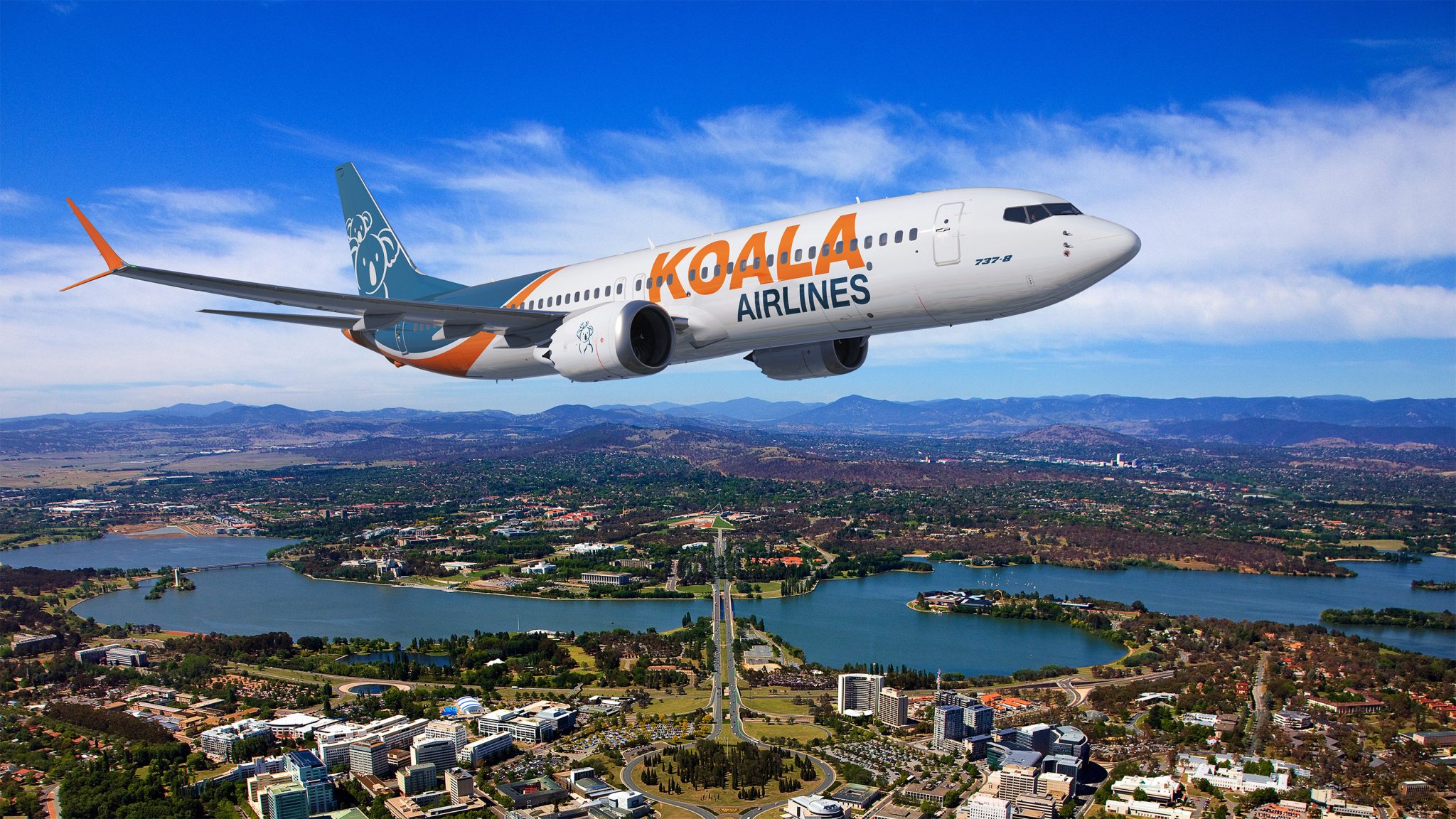Can Koala Airlines Break Australia’s ‘Third Player’ Curse?

Skift Take
It’s been a rough year for the Australian airline industry. In late April, low-cost carrier Bonza suspended its entire flying program and entered voluntary administration, a form of protection from creditors. Despite assurances that the measure was temporary, the company never returned to the skies and ultimately collapsed.
A few weeks later, Rex Airlines — the country’s third-largest operator — also entered voluntary administration. The company scrapped its Boeing 737 network linking Australia’s largest cities, with only smaller regional planes currently flying.
Rex recently described the situation as a “difficult period,” with new backers currently being sought to shore up the business for the long term.
The result is just two companies competing for passengers flying between the country’s biggest population centers. The Qantas Group - which operates Australia’s national airline alongside low-cost subsidiary Jetstar - and Virgin Australia, a smaller domestic-focused rival.
It raises a fundamental question that strikes at the heart of Australian aviation: Is it possible for a third player to thrive in a duopoly market, or will history likely repeat

